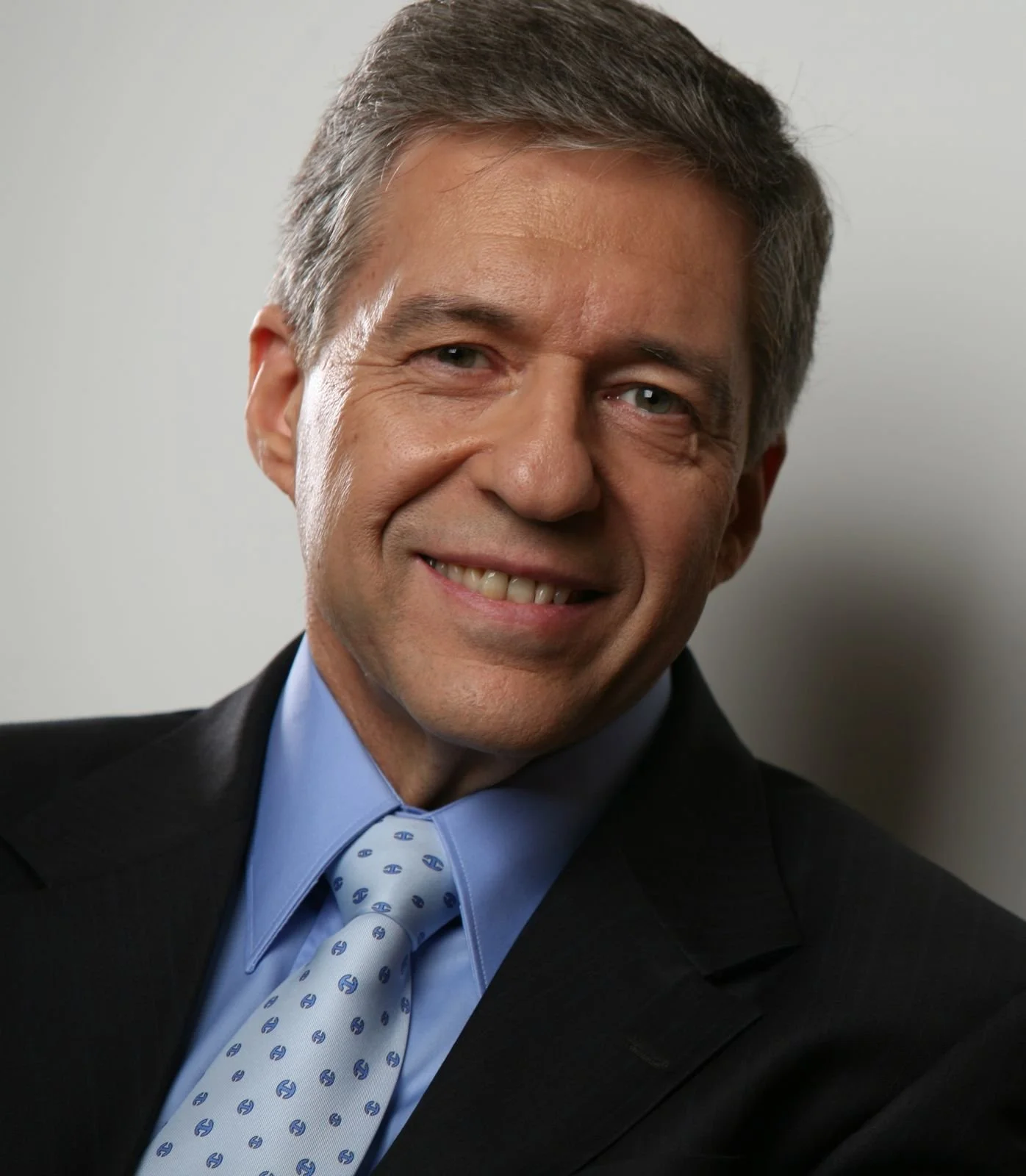Conflict Resolution Formulas for/by the EU, NATO, UN — from Kosovo to Yemen, from Tigray to Sudan
José Ramos-Horta
President of Timor-Leste
Ivan Simonović
Former Minister of Justice of Croatia (2008-2010)
Raila Odinga
Former Prime Minister of Kenya (2008-2013)
Hans Corell
Former United Nations Under-Secretary-General for Legal Affairs and the Legal Counsel (1994-2004)
Joseph Yossi Beilin
Former Justice Minister of Israel (1999–2001)
Jan Eliasson
Former Minister for Foreign Affairs of Sweden (2006) and Former Deputy Secretary-General of the United Nation (2012-2016)
The World Forum on the Future of Democracy, Tech and Humankind, 18th-19th February 2024, Berlin
Call for action:
Engage with the Vatican to foster dialogue in Myanmar.
Identify and educate potential leaders who are willing to risk and endure personal sacrifices to pursue peace, as demonstrated by examples from past peace negotiation.
Facilitate the dissemination of substantive information and sensibilization of public opinion via cinema, cultural initiatives, and musical endeavours.
Video
VIDEO GOES HERE
Main outcomes:
Necessity for a consistent approach to Conflict Prevention efforts.
Necessity to foster credible dialogue, information, and empathy.
Emphasis on the importance of strong leaderships that understand the complexities of conflict resolution and are willing to make difficult decisions is crucial for sustainable peace efforts.
Emphasis on the significant role played by international involvement and regional institutions in conflict resolution.
Panel discussion summary:
The panel, moderated by Bahman Kalbasi, boasted a diverse lineup, including José Ramos-Horta, President of Timor-Leste; Ivan Simonović, Former Minister of Justice of Croatia; Joseph Yossi Beilin, Former Justice Minister of Israel; Hans Corell, Former United Nations Under-Secretary-General for Legal Affairs and the Legal Counsel; and Jan Eliasson, Former Minister for Foreign Affairs of Sweden and Former Deputy Secretary-General of the United Nations.
José Ramos-Horta began by pinpointing the root causes of conflicts, emphasizing the critical role of dialogue and communication. He underscored the urgency of addressing conflicts like those in Myanmar through credible dialogue facilitated by neutral parties like the Vatican.
Joseph Beilin stressed the pivotal role of leadership in initiating and sustaining peace efforts, advocating for leaders willing to take risks and make sacrifices. He argued against interim solutions, urging for permanent resolutions to prevent further instability.
Raila Odinga shared insights from conflict resolution experiences in Kenya and Africa, highlighting the necessity of addressing root causes and the significance of international involvement and regional institutions in finding solutions.
Ivan Simonović discussed the evolving nature of conflicts and the UN's shift towards investing in prevention. He proposed universal conflict prevention strategies facilitated by the Peacebuilding Commission and underscored the importance of regional mechanisms and civil society involvement.
Hans Corell emphasized the importance of effective communication and personalities in conflict resolution, citing successful mediations in Kenya and regulatory approaches in Kosovo and East Timor. He reflected on his involvement in transforming regional institutions, underscoring the diversity of methods available for conflict resolution.
Jan Eliasson critiqued the current state of global diplomacy, calling for increased dialogue and simultaneous action on peace, development, and human rights. He advocated for revitalizing the UN Security Council and exploring alternative methods, stressing the importance of innovation and strong leadership in conflict resolution efforts.






